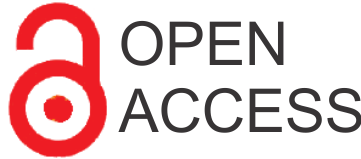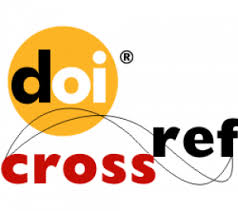E3 Journal of Business Management and Economics
E3 Journal of Business Management and Economics Vol. 2 (5) pp. 200-208, November 2011; © E3 Journals; ISSN 2141-7482
The use of ICT in government law college libraries in Tamil Nadu: A study
S. Thanuskodi *Library and Information Science Wing; Directorate of Distance Education, Annamalai University, Annamalai Nagar – 608 002
*Corresponding Author E-mail: thanuskodi_s@yahoo.com
Accepted 29 September 2011
Abstract
Libraries are important resources for individual as well as for communities and organizations. For centuries Libraries have been regarded as depository of books, manuscripts, journals, newspapers and other forms of printed material. Gradually the process of recording information has changed and is reflected in the growth and variety of sources. The electronic revolution, specifically, Internet is narrowing the information gap. The power of web technology is enabling the generators of information to disseminate their creativity at low cost and high speed. The Internet is the gateway for libraries and information centers to enter the Electronic Information Era and is providing the information, generated by different organizations, institutions, research centers and individuals all over the world. This paper is an attempt to investigate the use of Information and Communication Technology by the academic community of the government law colleges in Tamil Nadu. For this purpose a survey was carried out using the questionnaire tool. The findings indicated that most of the respondents 37.28 percent use electronic information resources through e-mail. 29.38 percent of respondents use electronic information resources through DVDs and CD-ROMs. The results show that 4-5 hours of access to internet takes the first order reporting among the faculty members and students of the government law colleges, above 5hours of access to internet the second, 3-4 hours of access to internet the third, 2-3 hours of access to internet the fourth and below 2 hours of access to internet the last.
Keywords: ICT; E-resources; Online help; Legal websites; Information needs; Legal studies.
[Download Article - PDF]




